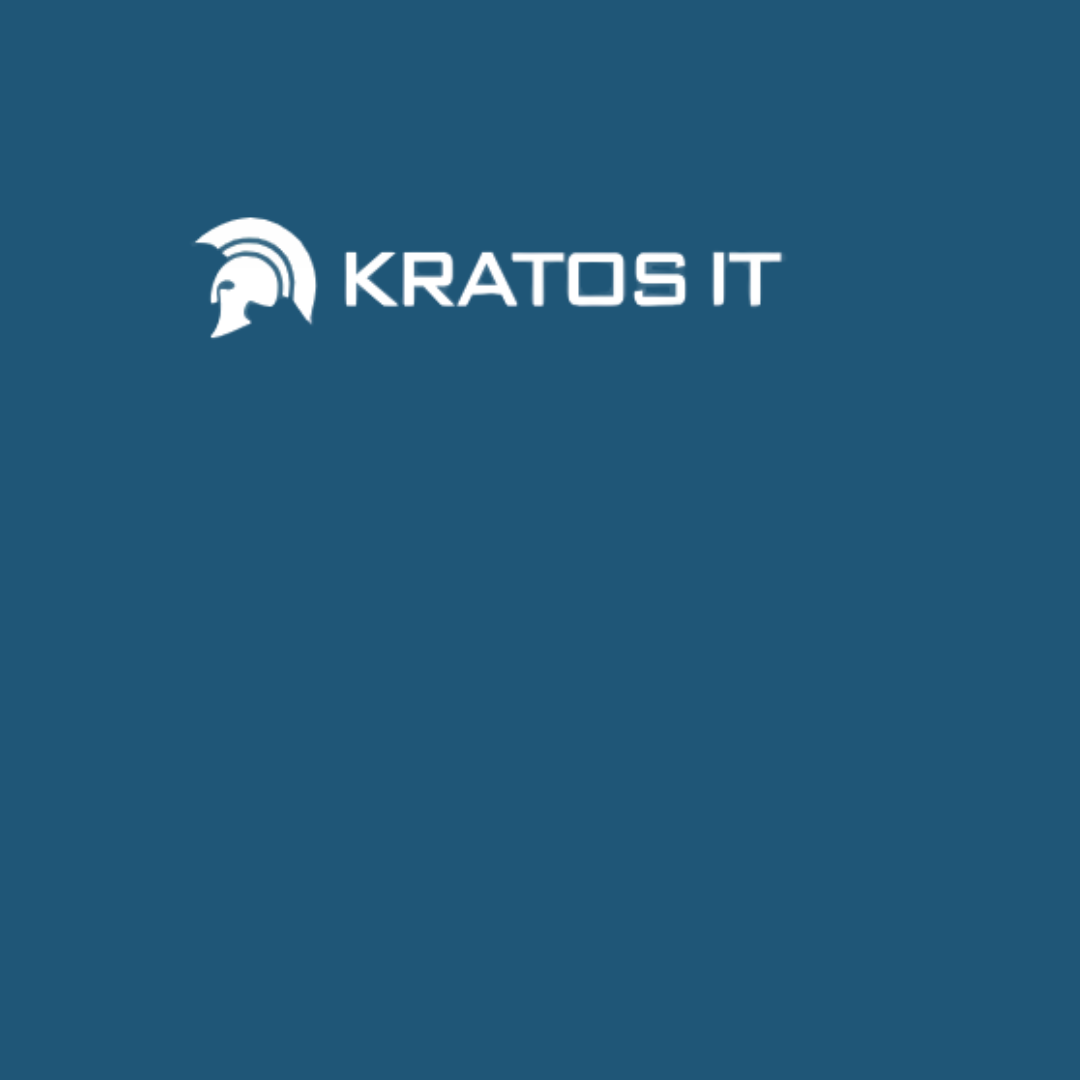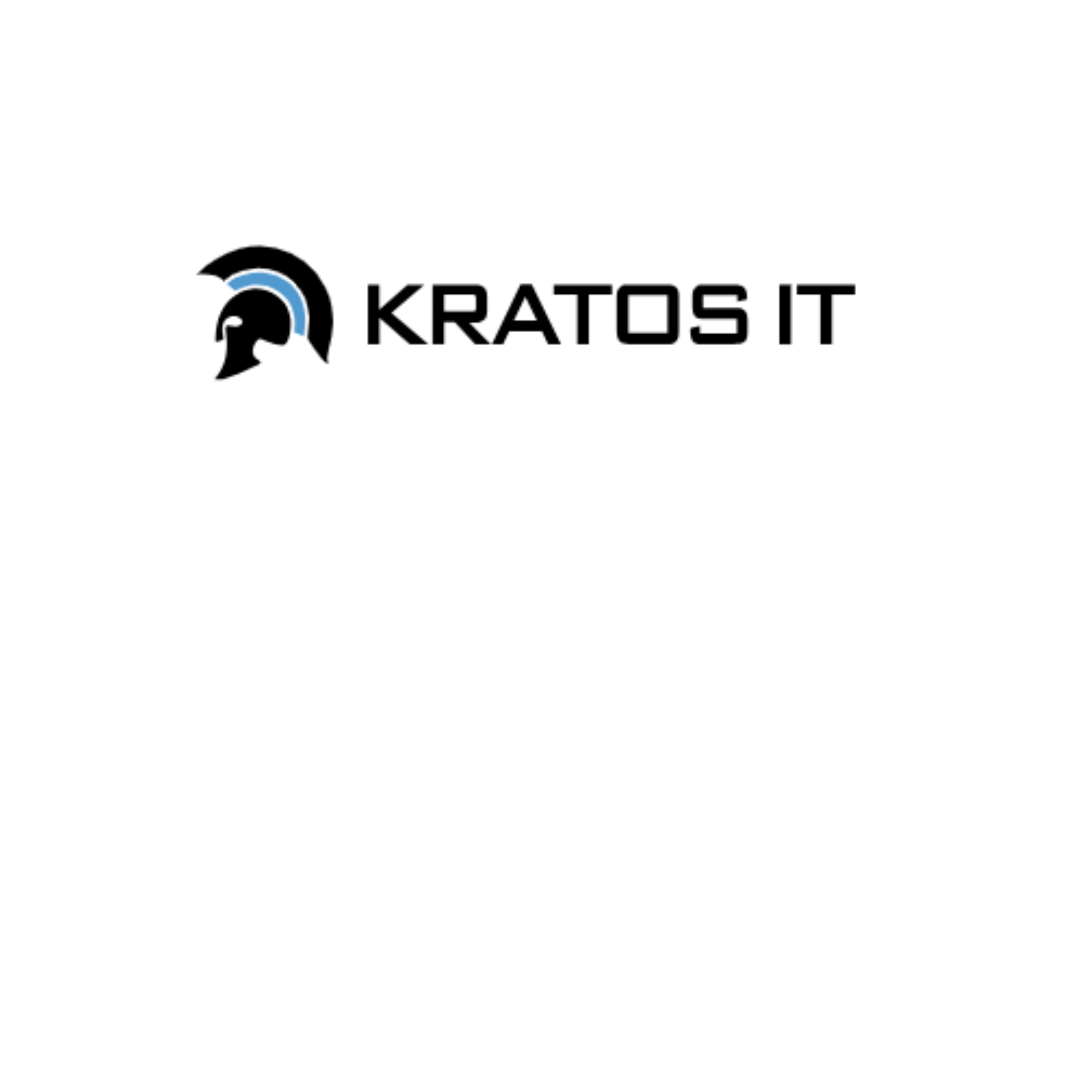Voice over Internet Protocol (VoIP) is a popular communication technology that allows users to make voice and video calls over the internet. Unlike traditional phone systems, VoIP is cost-effective, flexible, and provides numerous features that can enhance the communication experience for businesses and individuals. In this blog, we will compare VoIP with standard phone systems and explore their differences including advantages and disadvantage of each.
Cost-effectiveness
One of the most significant advantages of VoIP over traditional phone systems is its cost-effectiveness. With VoIP, businesses can make calls at a fraction of the cost of traditional phone systems. This is because VoIP calls are transmitted over the internet, eliminating the need for expensive hardware, maintenance, and phone line rental costs.
Flexibility
Another key advantage of VoIP is its flexibility. Unlike traditional phone systems, VoIP can be used on any device that has an internet connection including laptops, smartphones, and tablets. This means that users can make calls from anywhere in the world, as long as they have an internet connection. Additionally, VoIP allows users to integrate their communication tools with other business applications such as email, CRM, and project management software, increasing productivity and efficiency.
Features
VoIP systems offer a wide range of features that are not available with traditional phone systems. For example, VoIP allows users to make video calls, conference calls, and send instant messages. Additionally, VoIP offers advanced call routing, call recording, and voicemail transcription features, making it easier for businesses to manage their communications.
Reliability
While VoIP has numerous advantages, it is not without its drawbacks. One of the biggest concerns with VoIP is its reliability. Because VoIP calls are transmitted over the internet, they are vulnerable to internet outages and network congestion, which can result in dropped calls and poor call quality. However, with a reliable internet connection and the right VoIP provider, these issues can be minimized.
Security
Another concern with VoIP is its security. Because VoIP calls are transmitted over the internet, they are vulnerable to hacking and cyberattacks. To protect against these threats, VoIP providers offer a range of security features such as encryption, firewalls, and intrusion detection systems.
Standard Phone Systems
Traditional phone systems have been around for decades and are still widely used today. While they lack the flexibility and features of VoIP, they are known for their reliability and call quality. Additionally, traditional phone systems do not require an internet connection, making them a good option for businesses in remote or rural areas with poor internet connectivity.In conclusion, while traditional phone systems have been around for decades and are still widely used, VoIP offers numerous advantages that make it a compelling alternative. With its cost-effectiveness, flexibility, and advanced features, VoIP is an excellent choice for businesses looking to improve their communication capabilities.If you’d like to find out about our VoIP offerings, please get in contact.






